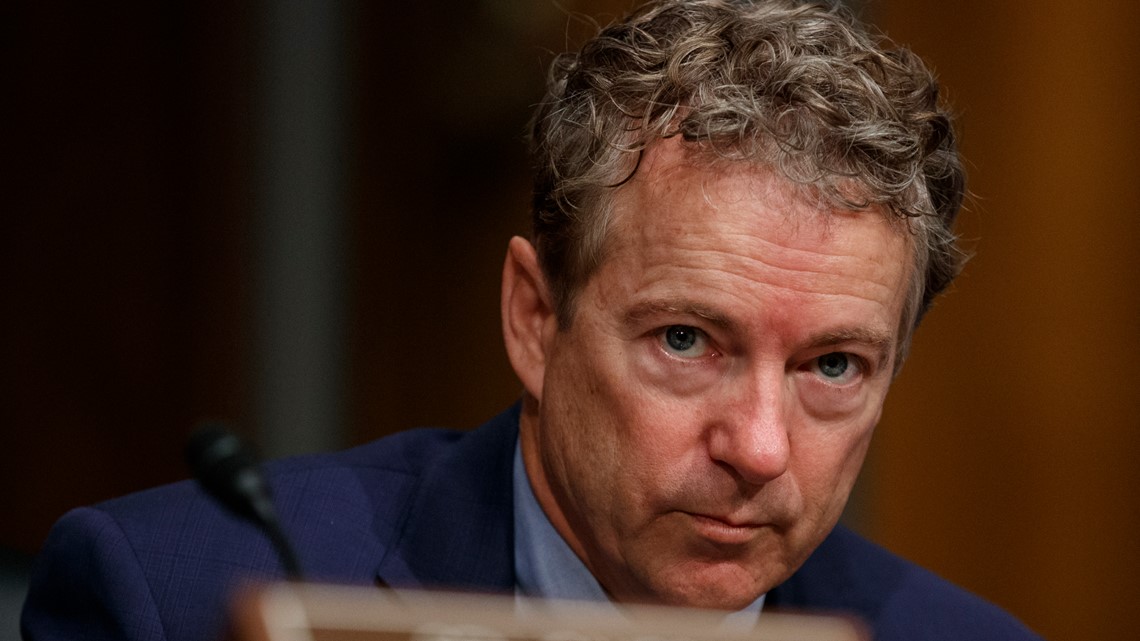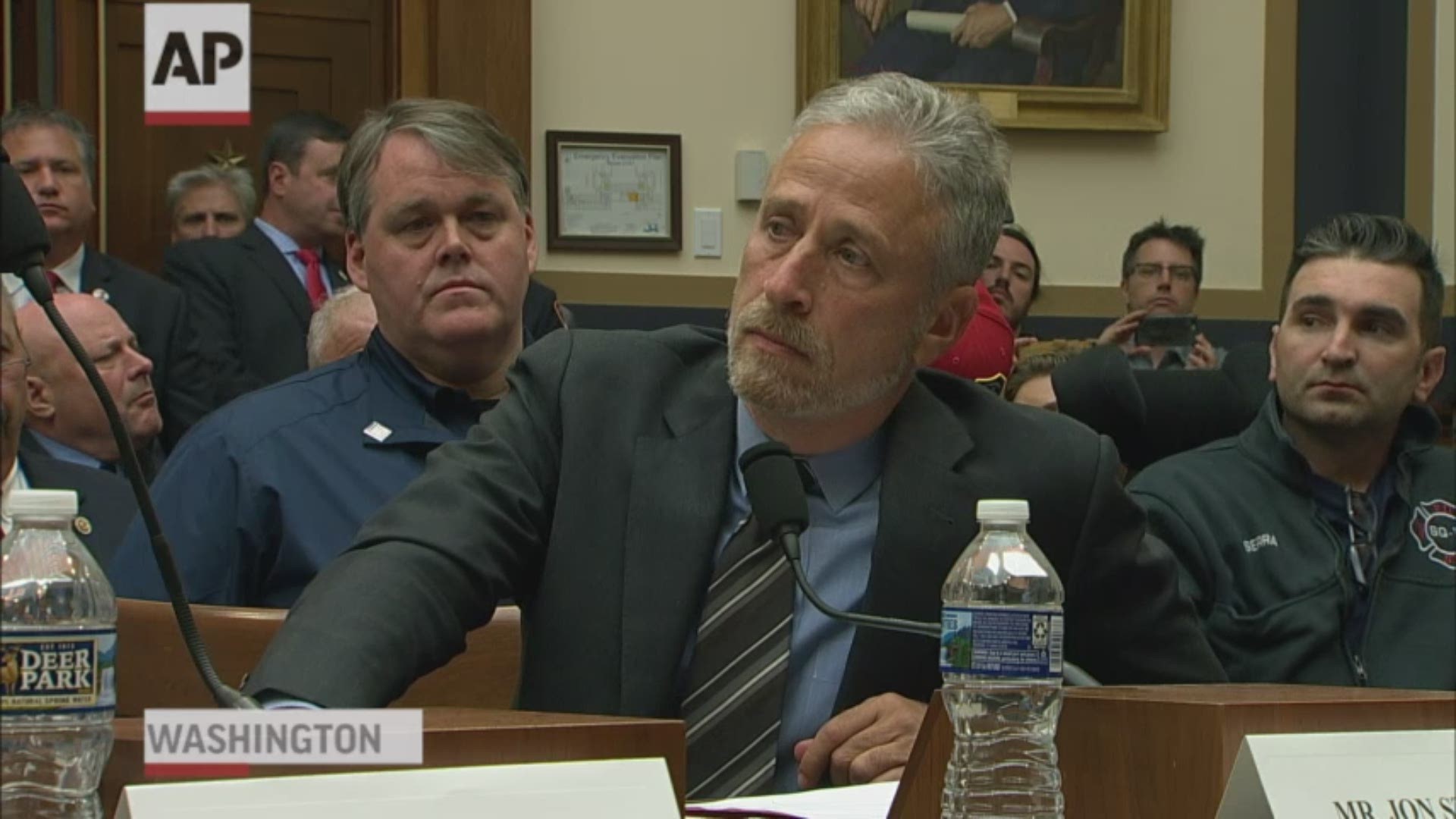Republican Sen. Rand Paul on Wednesday blocked a bipartisan bill that would ensure a victims' compensation fund related to the Sept. 11 attacks never runs out of money.
Paul objected to a request by Sen. Kirsten Gillibrand, D-N.Y., to approve the bill by unanimous consent, which would fast-track approval.
Paul, R-Ky., questioned the bill's 70-year time frame and said any new spending should be offset by corresponding cuts. The government already faces a $22 trillion debt, a figure that grows every year, Paul said.
The Congressional Budget Office estimates the 9/11 bill would result in about $10.2 billion in additional compensation payments over 10 years, including more than $4 billion for claims already filed.
Gillibrand said 9/11 first responders and their families have had "enough of political games." The legislation has 74 Senate co-sponsors, including Gillibrand, and easily passed the House last week.
However, Paul says he isn't blocking the bill and is asking for a vote on an amendment to offset its cost. A spokesperson from his office told WHAS11 in a statement that he is just seeking to pay for the fund.
"Senator Paul is simply offering an amendment, which other senators support, to pay for this legislation," the statement said.
The bill would extend though 2092 a victims compensation fund created after the 2001 terrorist attacks, essentially making it permanent. The $7.4 billion fund is rapidly being depleted, and administrators recently cut benefit payments by up to 70%.
"Our 9/11 first responders and the entire nation are watching to see if this body actually cares ... about the men and women who answered the call of duty" after the attacks, Gillibrand said.
As the World Trade Center towers began to crumble that day, "there was one group of men and women — our heroes, the bravest among us — who ran the opposite way," Gillibrand said. "They ran toward danger. They raced up towers. They went into harm's way to answer the call of duty."
In the months after the attacks, first responders cleaned up the aftermath, breathing in toxic air amid smoke, burning metal, crushed glass and electronics and other hazards.
"These heroes have since had to quit doing the jobs they love, providing for the families they love because they're too sick," Gillibrand said. "They've had to give up their income. They've had to give up their dreams and their future. They've had to face the terrifying reality that they are actually going to die because of what they did on 9/11 and the months thereafter."
She and Senate Democratic leader Chuck Schumer, also of New York, urged Senate Majority Leader Mitch McConnell to bring up the bill as soon as Thursday. McConnell, R-Ky., has agreed to call a vote before Congress goes on its August recess.
Schumer, Gillibrand and Sen. Cory Gardner, R-Colo., want McConnell to bring up the bill as a stand-alone measure and not package it with other legislation such as a broad budget and debt deal that would stave off the likelihood of a government shutdown this fall.
"The minute this bill hits the floor, it will pass," Schumer said.
Debate over the measure comes a month after comedian Jon Stewart sharply criticized Congress for failing to act. Stewart, a longtime advocate for 9/11 responders, said lawmakers were showing "disrespect" to first responders now suffering from respiratory ailments and other illnesses as a result of their recovery work at the former World Trade Center site in New York City.
Stewart called the sparse attendance at a June 11 House hearing "an embarrassment to the country and a stain on this institution." He later targeted McConnell for slow-walking a previous version of the legislation and using it as a "political pawn" to get other things done.



